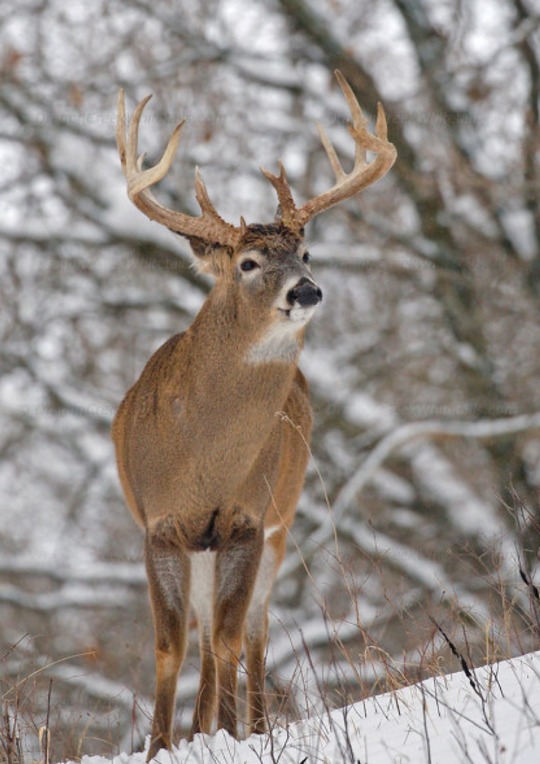#luke hughes prey animal thesis
Explore tagged Tumblr posts
Text
[part 2]
please know I say all of this with nothing but love, but it's time for the…
LUKE HUGHES PREY ANIMAL THESIS
(part 1)


Studies have shown that New Jersey Devils defenseman Luke Hughes has the exact eye placement of the whitetail buck. This evolutionary trait is designed to help him survive predation. His eyes are on the side of his head and his field of vision is a whopping 310 degrees, which gives him a tremendous field of view, maximizing his ability to detect danger and to track puck movements on ice.


Trying to attract Luke Hughes?


This can be accomplished by baiting him with a pile of feed corn placed strategically in his home range! (Legality of baiting Luke Hughes may vary by jurisdiction.)


#lhughes#luke hughes#lh43#devils hockey#devils lb#nj devils#new jersey devils#luke hughes prey animal thesis#hockey#nhl hockey#nhl#nhl players#web weaving#hughes brothers
25 notes
·
View notes
Text
Luke Hughes Prey Animal Thesis: Part 2
[part 1]
As previously discussed, we can discern that Luke Hughes is a prey animal due to the positioning of his eyes to the sides of his skull to maximize his field of vision, a trait that can help him to spot approaching predators or rival team members.


However, aside from his obvious skull morphology, Luke Hughes also displays an amazing tripartite system of protective coloration to prevent predation and/or being stripped off the puck.
Hair/Skin - Prey animals benefit from camouflage that allows them to blend into their environment. In the case of Luke Hughes, whose natural habitat is the Cliche School Picture Photo Backdrop, the swirls of his hair combine with the light/shadow effect across the near-translucent skin on his face and neck to make Luke Hughes difficult to spot for all but the most seasoned of hunters.

Jersey - Where standard camouflage is ineffective, Luke Hughes' utilization of Batesian mimicry/false warning coloration may deceive predators. Luke Hughes can be mistaken for a member of a more dangerous, possibly toxic, species due to the bright colors of his jersey. To our knowledge, Luke Hughes is entirely nontoxic and safe to harvest.

Face - As a last resort, the size and spacing of Luke Hughes' eyes/eyebrows allow for deimatic behaviour (startle display) via facial expression. This pattern of bluffing behaviour is intended to scare off or momentarily distract predators, thus giving the prey animal an opportunity to escape. Opposing skaters may see Luke Hughes' face as something akin to the wing spots of the Spirama helicina moth (see below)

Next time: "behold, a pale horse"
#luke hughes prey animal thesis#hockey#lh43#lhughes#luke hughes#hughes brothers#nhl players#nhl#devils hockey#nj devils#new jersey devils#quinn hughes#jack hughes#devils lb#web weaving
16 notes
·
View notes
Text
please know I say all of this with nothing but love, but it's time for the…
LUKE HUGHES PREY ANIMAL THESIS
(part 1)


Studies have shown that New Jersey Devils defenseman Luke Hughes has the exact eye placement of the whitetail buck. This evolutionary trait is designed to help him survive predation. His eyes are on the side of his head and his field of vision is a whopping 310 degrees, which gives him a tremendous field of view, maximizing his ability to detect danger and to track puck movements on ice.


Trying to attract Luke Hughes?


This can be accomplished by baiting him with a pile of feed corn placed strategically in his home range! (Legality of baiting Luke Hughes may vary by jurisdiction.)


#lhughes#luke hughes#lh43#devils hockey#nj devils#devils lb#new jersey devils#luke hughes prey animal thesis#hockey#nhl hockey#nhl#nhl players
25 notes
·
View notes